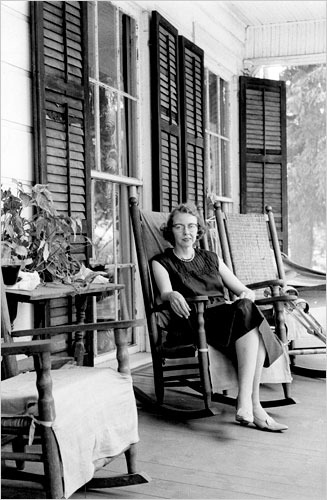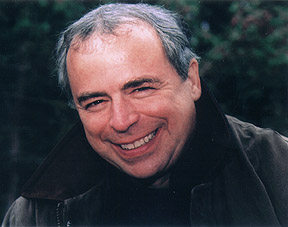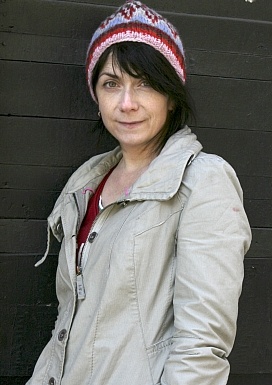I love Flannery O’Connor, and that makes me a member of a very big club. Most writers I know list her as one of their inspirations.
I liked O’Connor before I even read her work, for one very superficial reason: Our names are similar. If I look at her book from across the room and squint, it almost looks like my name is on a very big book of collected stories.
Then I picked up the book and I learned to love her even more.
There are a lot of things to love. The spiritual nature of her work, her gentle but unflinching treatment of racial inequality in the South, and O’Connor’s dark sense of humor appeal to me. But the thing I love most about O’Connor is the way she creates her characters through dialogue. She believably creates the voices of bratty children, racist old men, gossipy women, pretentious intellectuals and crooks.
That’s no mean feat. Below the break is the craft essay I wrote for my MFA program about the genius of Flannery O’Connor’s dialogue.
Be warned – O’Connor wrote her stories in the early 20th century and dealt with issues of race, so there are some racial slurs in the essay below.




